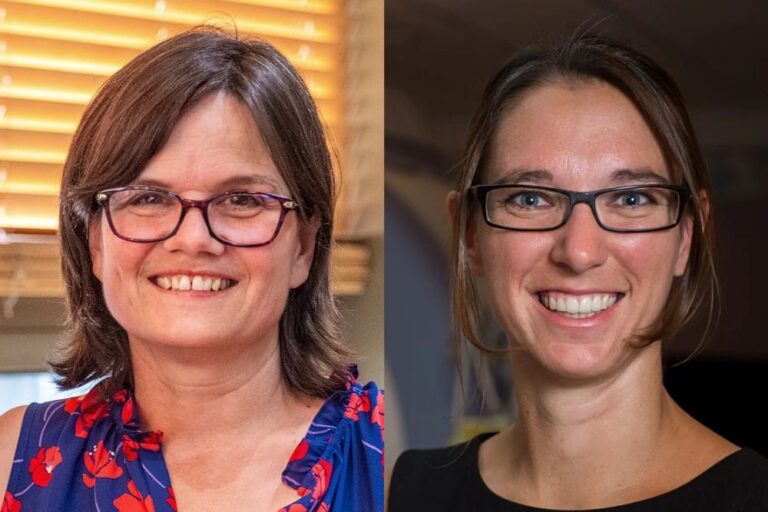
The Department of Romance and Classical Studies is pleased to announce that Dr. Christopher Estrada, Assistant Professor of Portuguese, has been awarded a Fulbright U.S. Scholar Award to Brazil in 2022. Dr. Estrada will work with collaborators at the Universidade Federal de Pernambuco (UFPE) as part of the project “Every Day Is Carnival: Improvisation and Cultural Preservation in the Rural Maracatus of Pernambuco.” The project will work towards developing a virtual archive and website that documents the sambadas, or all-night sung poetry contests, as well as data on those who participate and the communities in which they take place.
Dr. Estrada’s research is about maracatu de baque solto, sometimes called “rural” maracatu because it originated with workers on the sugar plantations in the northern forest zone of the state of Pernambuco, and also to distinguish it from the urban maracatu de baque virado. Most of the attention it has received from scholars up until now has focused on its aspects surrounding carnaval. However, Dr. Estrada hopes to fill a gap in the scholarship concerning maracatu’s sung poetry, which outsiders rarely experience.
Around the time of the sugarcane harvests in August or September, the different maracatu groups begin to hold open rehearsals with their poets and sambadas, which are competitions between two master poets that go throughout the night on Saturday until Sunday morning.
“I learned that these sambadas were crucially important to maintaining all kinds of things within the maracatu community,” Dr. Estrada says, “and also that practitioners and enthusiasts of maracatu had a habit of documenting these events for themselves in the form of recordings, and revisiting those recordings over and over throughout the years.” Though these recordings are usually done on cell phones and online these days, Estrada was able to locate a few collections of analog cassette tapes dating back to the 1980s and began digitizing them in 2010.
Through his studies, Dr. Estrada has found that although intellectuals have previously considered these artists as belonging to the world of “folkloric” music, a category which has anonymity as one of its defining traits, maracatus do not see themselves this way. Rather, “they celebrate specific individuals and commemorate events and places belonging to this rich heritage, and remember the changes these communities have experienced – as well as the things that never seem to change, no matter how much they wish they wold, like the exploitative conditions most of them still work under,” he says.
Dr. Estrada hopes that by documenting this practice in a way that is accessible by the public and by researchers that the tendency to view these people as standing outside of history can be challenged. “I think the project has the potential to create a space for a more nuanced, multi-vocal understanding of the history of this region as well as provide a concrete case study of how populr culture is dynamic and always being revitalized,” he says. “And hopefully, in one way or another, I can give something back to this community that was so welcoming and supportive of me during my fieldwork.”
Dr. Estrada’s research will be featured in two upcoming episodes of a podcasts focused on Brazilian music, which can be found at www.essefoimassa.com. The episodes will air on June 1st and 8th, 2021.


